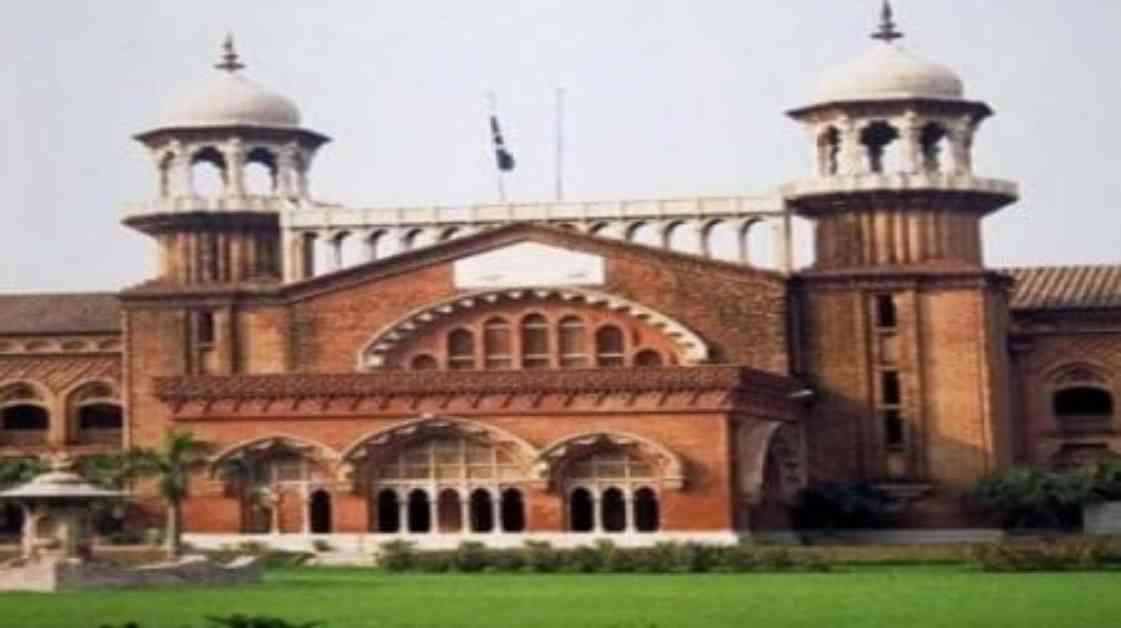Pakistan Tehreek-e-Insaf (PTI) and various civil society groups, including journalists, have come together to challenge the PECA Amendment Act 2025 in the Lahore High Court. This move has sparked concerns about the potential consequences of the Act, especially in relation to labeling news as fake for political reasons.
Challenges to PECA Amendment Act
Led by Opposition Leader of the Punjab Assembly, Ahmed Bachhar, the petition was filed through Advocate Azhar Siddique, naming the provincial government, the Chief Secretary, and others as respondents. The crux of the petition’s argument is that the PECA Amendment Act infringes upon Article 19-A of the Constitution. By failing to clearly define what constitutes “fake news,” the Act opens the door for authorities to weaponize the term for political gain.
One of the main contentions put forth by the petition is the requirement for journalists to disclose their news sources, which is viewed as a breach of journalistic ethics. The petition seeks to have the court declare the PECA Amendment Act unconstitutional and nullify it. Furthermore, it calls for a suspension of any actions taken under the Act until a final ruling is reached.
Legal Battles and Concerns
This legal battle is not isolated to a single court. A division bench of the Sindh High Court recently requested additional arguments regarding the admissibility of a petition against the Prevention of Electronic Crimes Amendment Act (PECA). Meanwhile, a separate petition challenging the legislation was filed in the Islamabad High Court, indicating the widespread apprehension surrounding the Act.
Barrister Ali Tahir, representing the petitioner in the SHC case, highlighted specific sections of PECA that were being contested. Of particular concern was Section 26A, which criminalizes the transmission and receipt of information deemed “false and fake.” The vague language used in sections G and H of the Act further adds to the ambiguity surrounding what constitutes misinformation.
A previous petition lodged in the Supreme Court of Pakistan also took aim at the recent amendments to the Prevention of Electronic Crimes Act, expressing worries about their potential impact on freedom of speech and human rights. Muhammad Qayum Khan, the petitioner in this case, called for the amendments to be struck down, arguing that they overstep the constitutional boundaries of legislative power.
In light of these legal challenges and mounting concerns from various quarters, the future of the PECA Amendment Act hangs in the balance. The underlying fear of stifling free expression and critical journalism underscores the significance of these legal battles in upholding the foundational principles of democracy and press freedom. As the courts deliberate on the validity of the Act, the outcomes will have far-reaching implications for the media landscape and the protection of fundamental rights in Pakistan.









